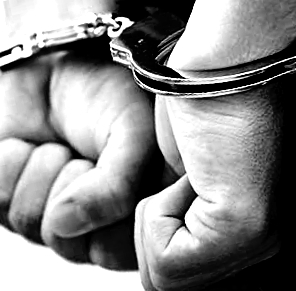Kids lock-up tightened
 Queensland is scrapping its policy for detention as a last resort for children.
Queensland is scrapping its policy for detention as a last resort for children.
The Queensland Labor government has introduced controversial youth justice legislation that it claims is essential for community safety, but critics argue they compromise children's rights and potentially worsen youth crime issues.
Premier Steven Miles has proposed removing the principle that detention should be a last resort for juveniles.
This principle is a cornerstone of international child rights standards, including those set by the United Nations.
The new amendments suggest that a child should only be detained “where other non-custodial measures of prevention and intervention would not be sufficient”, and that detention should not exceed the necessary duration to meet its purpose.
Miles has defended the changes, saying the existing laws are “undermining confidence in the laws and the courts”.
He said detention is necessary “to keep the community safe”.
Critics from within the community sector have raised concerns.
Aimee McVeigh, CEO of the Queensland Council of Social Service, described the move as “irresponsible” and likened it to a political contest over toughness rather than an evidence-based approach to juvenile justice.
“This is just our wannabe macho men having a fight over who can be the toughest, when actually what we need are some cool heads,” McVeigh said.
Opposition leader David Crisafulli accused the government of deceiving the public, saying the proposed changes would not resonate well with Queenslanders.
“The only thing that is changing is the government trying to cling to political power by conning a generation of Queenslanders, and unfortunately Queenslanders aren’t going to buy that,” he said.
Youth Advocacy Centre CEO Katherine Hayes pointed out that neither major party is addressing the root causes of youth crime.
According to Hayes, the focus should be on steering young people towards positive pathways, not incarcerating them at higher rates, which may lead to further criminal behaviour.
The reforms also face legal scrutiny.
Although the government claims to have legal advice confirming that the amendments do not violate the Human Rights Act or international law, it has not made this advice public, raising transparency concerns.
Queensland has Australia’s second highest rate of young people aged 10–17 in detention, after the Northern Territory.







 Print
Print


